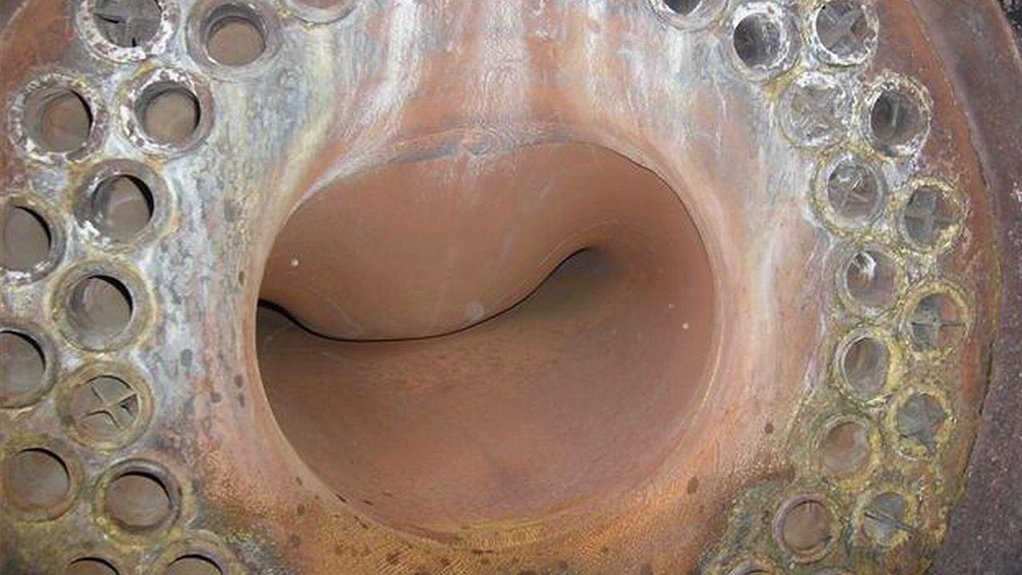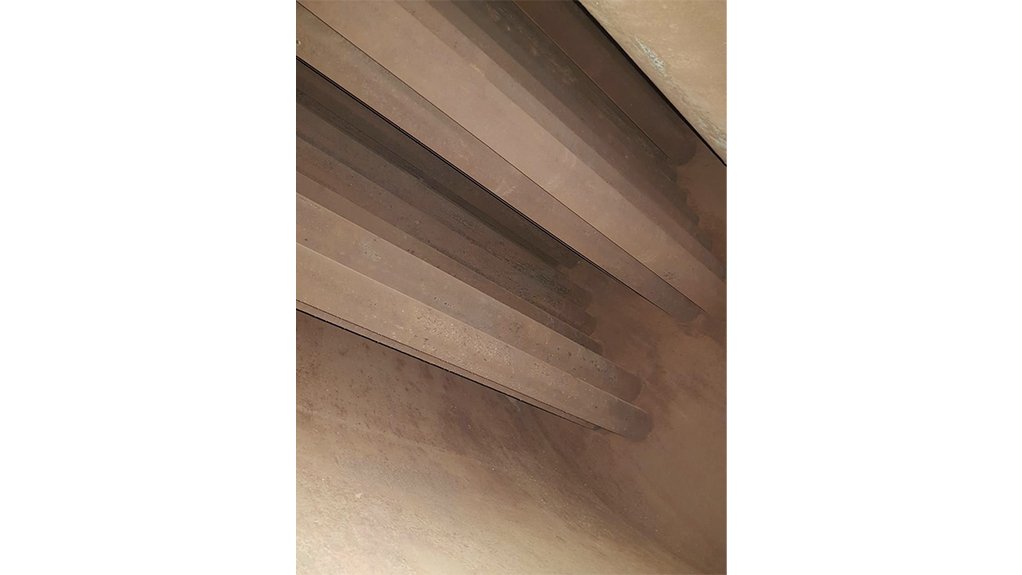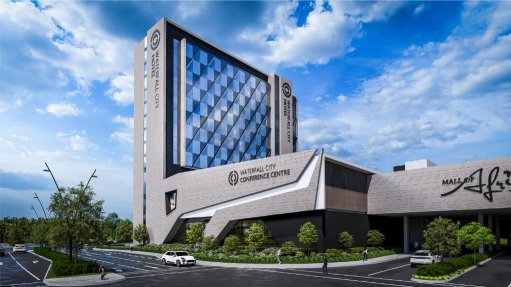Boiler maintenance cuts company costs



BREAKING THE BAD About 1 mm of scale build-up can increase fuel consumption by 2%
KEEP IT CLEAN Keeping a boiler clean results in a longer lifetime for your boiler
A comprehensive boiler maintenance programme not only keeps boilers up and running reliably, but also ensures equipment longevity and improves safety for employees.
However, many companies try to save costs on water treatment to reduce operating costs and meet production demands. While this can save money in the short term, it may have the opposite effect in the long run.
“A total water treatment programme should pursue certain goals. These goals include the maintenance of free caustic corrosion potential and minimising caustic deposit formation owing to scale and suspended solids by chelation and sludge conditioners, so that blowdown will remove potential problems,” says boiler manufacturer and supplier Allmech MD Lionel Maasdorp.
He adds that goals should also include eliminating oxygen content through deaeration or other mechanical means, preventing carryover and foaming and promoting the effective use of fuels.
Maasdorp states that a complete water treatment programme will generally include monitoring sludge build-up, checking pH levels, removing oxygen, treating condensate and maintaining correct alkalinity levels.
“The first aspect of stopping scale formation is to have a good idea of the makeup of water that is feeding your system. Pre-softening the water before feeding it to the boiler is generally the first step in eliminating scale formation. Even if you have soft water, you’ll still need chemical scale inhibitors inside the boiler.”
Proper water treatment ensures there is no efficiency lost and negates tube damage. It requires the right balance of chemical treatment and control.
“If one considers the annual cost of water treatment chemicals and services on industrial boilers, it is a small percentage of the cost of the equipment itself. “It makes sense to rather foot the bill for water treatment than risk lower production or even equipment failure in the long term,” explains Maasdorp.
He notes that there are also other hidden costs of skimping on water treatment. “As a rule of thumb, 1 mm of scale build-up can increase fuel consumption by 2%. If you have 5 mm of scale build-up on the boiler tubes, you might be paying an extra 10% on your monthly fuel bills.”
Moreover, a coal-fired boiler producing 10 t/d of steam would require (under normal conditions) 1.3 t/d of coal. Over a period of a month, the normal requirement would be 28 t of coal. Owing to the scale build-up, the operation now requires an extra 2.8 t of coal for the same boiler performance. At average cost of R1 100/t of coal, the company spends an extra R40 000 for the year – just on extra fuel.
“The cost of removing scale from boilers is also high and results in longer inspection times, leading to loss of production. Over time, it affects the material integrity of the boiler. By maintaining the correct water treatment regime and by adhering to the basic principles of looking after your boiler and the water treatment plant, the cost of the water treatment services and chemicals should be covered by your savings on downtime and cleaning the boiler. Of course, the major saving is the longer lifetime for your boiler, as that is the biggest capital expense.”
Aside from scale, another issue that proper water treatment can mitigate against is boiler corrosion. This is caused by the interaction of water chemistry, the environment of the facility, operation procedures and materials used in the construction of the system. Dissolved gases in the boiler, such as oxygen, carbon dioxide and ammonia, will aggravate corrosion.
“Oxygen is the most aggressive gas in a boiler. Internal water treatment using chemicals in the feed water and raising the temperature are ways to remove oxygen in the water,” explains Maasdorp.
Water treatment is also vital in ensuring correct pH levels are maintained. This will, in turn, avoid failure of safety equipment owing to foaming.
“Improper and non-existent feed water treatment is a major cause of boiler failures, which ultimately results in boiler downtime and costly repairs. “The better you maintain your boilers, the less energy they will need to operate, resulting in cost savings from lower energy consumption,” concludes Maasdorp.
Article Enquiry
Email Article
Save Article
Feedback
To advertise email advertising@creamermedia.co.za or click here
Press Office
Announcements
What's On
Subscribe to improve your user experience...
Option 1 (equivalent of R125 a month):
Receive a weekly copy of Creamer Media's Engineering News & Mining Weekly magazine
(print copy for those in South Africa and e-magazine for those outside of South Africa)
Receive daily email newsletters
Access to full search results
Access archive of magazine back copies
Access to Projects in Progress
Access to ONE Research Report of your choice in PDF format
Option 2 (equivalent of R375 a month):
All benefits from Option 1
PLUS
Access to Creamer Media's Research Channel Africa for ALL Research Reports, in PDF format, on various industrial and mining sectors
including Electricity; Water; Energy Transition; Hydrogen; Roads, Rail and Ports; Coal; Gold; Platinum; Battery Metals; etc.
Already a subscriber?
Forgotten your password?
Receive weekly copy of Creamer Media's Engineering News & Mining Weekly magazine (print copy for those in South Africa and e-magazine for those outside of South Africa)
➕
Recieve daily email newsletters
➕
Access to full search results
➕
Access archive of magazine back copies
➕
Access to Projects in Progress
➕
Access to ONE Research Report of your choice in PDF format
RESEARCH CHANNEL AFRICA
R4500 (equivalent of R375 a month)
SUBSCRIBEAll benefits from Option 1
➕
Access to Creamer Media's Research Channel Africa for ALL Research Reports on various industrial and mining sectors, in PDF format, including on:
Electricity
➕
Water
➕
Energy Transition
➕
Hydrogen
➕
Roads, Rail and Ports
➕
Coal
➕
Gold
➕
Platinum
➕
Battery Metals
➕
etc.
Receive all benefits from Option 1 or Option 2 delivered to numerous people at your company
➕
Multiple User names and Passwords for simultaneous log-ins
➕
Intranet integration access to all in your organisation



















